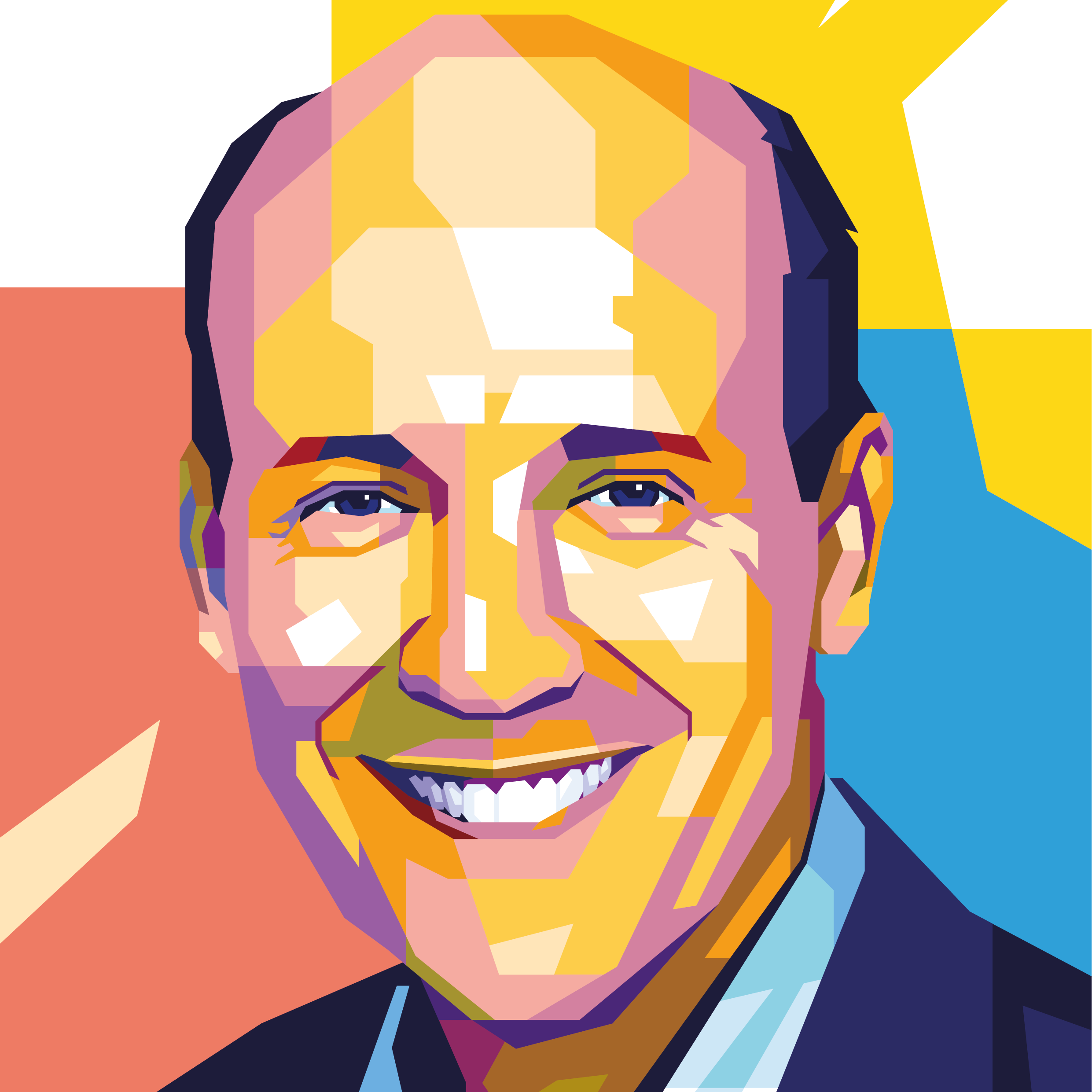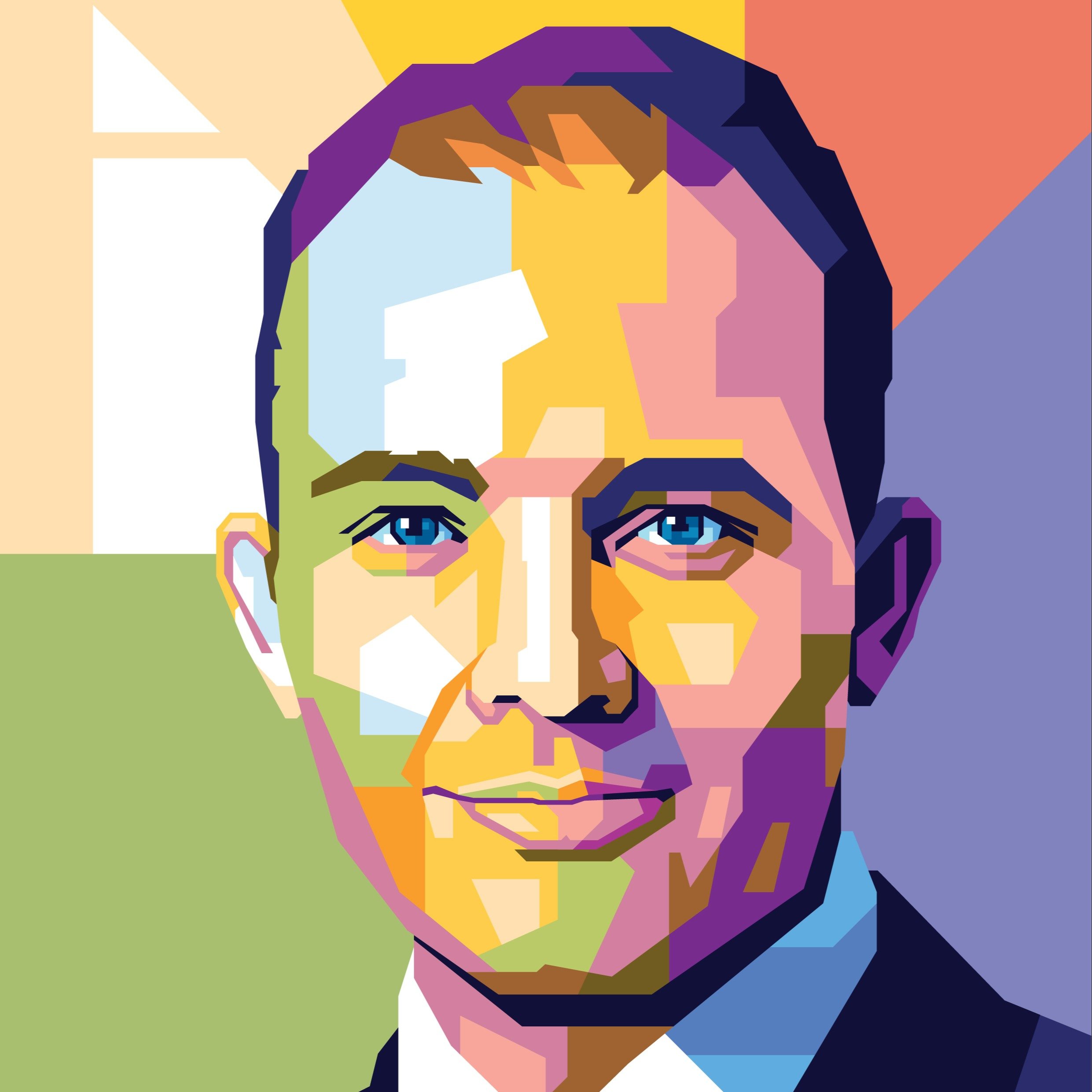Artificial Intelligence isn’t just the story of the year; it’s the story of the decade – and beyond.
“AI is changing the way advisory firms do business, from the back office to operations, services and the way we communicate with clients,” says Andrew Altfest, president of New York-based Altfest Personal Wealth Management.
The AI application making the biggest splash right now is ChatGPT, language recognition software built on neural networks modeled on the human brain. A proprietary product of OpenAI, a startup with a $13 billion investment from Microsoft, GPT stands for “generative pre-trained transformer,” a technology that can create or “generate” new text, visual images and audio.
RIAs are already using ChatGPT to write marketing material, business proposals, client emails, blogs, newsletters and social media posts. “It’s like using a ghostwriter,” says Matt Ran, chief operating officer at Telemus, a Bloomfield, Michigan-based RIA, which also uses ChatGPT as an “idea generator” for the firm’s content.
The cascade of AI products for advisors is just beginning.
Morgan Stanley for instance is beta testing a proprietary system that employs machine learning to match investment possibilities with client preferences, including automated operational alerts for events such as margin calls and low cash balances.
AI technology will save advisors a lot of time, says Altfest.
“It’s going to be an intelligent assistant that will help advisors manage many client relationships at once,” Altfest says. “ChatGPT can keep track of events like client birthdays and remember their preferences. The technology will be integrated into CRM workflow, producing the next best action for advisors.”
In fact, Sequoia Financial Group is already beta testing virtual “Sequoia Intelligent Agent” software that will create a client knowledge base, generate analytics and prompt workflows, says Trevor Chuna, the Akron, Ohio-based RIA’s chief technology officer.
“Artificial Intelligence is going to eliminate a lot of manual labor,” Chuna says. “It will be a valuable tool to automate client proposals and produce an interactive deliverable. Another use case is automating the client review process, one of an advisory firm’s most frequent, time-consuming and expensive tasks. AI will process meeting notes and identify and recommend actions that need to be taken.”
In addition to chatbots communicating with clients and generating content, AI will greatly impact advisors’ back-office functions, according to Altfest. “It will be a huge opportunity to further automate work such as account openings, trades, rebalancing and reviewing documents and portfolios,” he explains.
In the near future, advisors can expect AI to provide virtual call centers and enhance core services like financial planning. Altfest’s software company, FP Alpha, is, for example, developing a product to help advisors with advance planning incorporating estate, tax and insurance issues by summarizing documents and making recommendations.
Chatbots will also increasingly become client-facing, says fintech consultant Grant Easterbrook.
“It’s not a matter of if but when,” according to Easterbrook, who helped develop a chatbot for retirement plans. “The software is not perfect now, but it will eventually become a much more powerful version of Google that can answer questions for clients instead of just providing links from a search.”
As the fast-developing technology accelerates at a breakneck pace, advisors need to consider what AI does well – and doesn’t.
“AI is going to help advisors with account openings, alerts, workflow actions on CRM,” says Raj Madan, chief information and technology officer for AdvisorEngine. “It is also very good at pattern processing and anomaly detection, which is why credit card companies have used AI for quite some time.”
For advisors, AI can review portfolios and detect that clients with a 60-40 stock bond portfolio mix suffered losses when both stocks and bonds took a hit simultaneously, which is unusual. “ChatGPT can then create an email to those clients,” Madan notes, “assuring them that despite the recent short-term losses, a 60-40 mix is still the best strategy in the long run.”
But advisors can’t just “set and forget” AI tools, Madan cautions.
“AI absolutely needs human oversight,” he says. “Things can go drastically wrong.”
“AI has a natural language processor that is far beyond Google and can detect patterns that are otherwise difficult to see,” says Aaron Spradlin, chief information officer for United Planners Financial Services. “Within five years, advisors are going to have virtual assistants and call centers. But AI is not good at what humans are good at. There is no cognitive ability, creativity, cognitive ability, imagination, intuition or emotional intelligence. AI can do specific tasks but not at the same level of adaptability and flexibility that humans can.”
Artificial intelligence can answer basic questions, give definitions and explain concepts, Easterbrook says.
“It’s going to make administration and operations more efficient and effective for RIAs,” he explains. “But advisors face a much higher standard than pizza delivery, which will also use AI. Careful guardrails are going to be needed around ChatGPT, especially when it comes to giving advice. Veracity will be a major issue for compliance and regulators.”
Accuracy is the prime concern of Wealthspire’s chief compliance officer Michael Del Priore. “It seems like there’s some learning to be done by the chatbots before I can rely on an answer that they have given me,” Del Priore says.
He anticipates that the SEC and other regulatory agencies will closely monitor “the accuracy of the advice or answers that the AI platform is giving,” he says. “Advisors will still ultimately be responsible for fulfilling their fiduciary duty. This cannot be outsourced.”
Speaking at an MIT Policy Forum last year, Securities and Exchange chair Gary Gensler described artificial intelligence as “every bit as transformational as the internet,” but warned of the “emerging risks” that come with predictive analytics.
The challenge for financial service companies – and lawmakers – will be ensuring that neutral algorithms don’t put a platform or a business' revenue or profit ahead of fiduciary duty.
Wealthspire hasn’t embraced any of the newer AI solutions, Del Priore says. “Fintech is essentially an AI solution and we’ve embraced a variety of them from CRM to compliance platforms over the years,” he explains, “but we haven’t made the jump to any chatbot-based solutions.”
In the future, however, while Wealthspire won’t “take the human touch out of the equation,” Del Priore says, “I can see a world where we have a number of client-focused processes that become more automated due to new AI tech.”
There are also some dark clouds on the horizon.
Critics say AI’s lack of reasoning, consciousness and ethics can easily lead to misuse by unscrupulous programmers. And the technology’s predictive data analytics can lead to “concentrated risk” and a full-blown market crisis if investors rely on it too much, Gensler warns.
And while AI may be a great tool, it may also lead to fewer human advisors. The advisory firm clientele is shifting from Baby Boomers to Millennials, who, Easterbrook points out, will be much more comfortable talking to chatbots than their parents were.
According to American Banker, ChatGPT “poses a direct threat to financial providers’ core strategy.” Just as robo advisers have amassed nearly $1 trillion in assets under management in less than a decade, AI can even more effectively democratize access to financial services and potentially turbocharge new tech-centric competitors to traditional RIAs.
But an even greater risk is not getting on board, says Altfest.
“The writing is on the wall,” he says. “You have to say, ‘What will I be doing differently in the future?’ because something that seems very far off now is actually much closer than expected. And if you don’t adapt, you will be at a competitive disadvantage.”
This blog is sponsored by AdvisorEngine Inc. The information, data and opinions in this commentary are as of the publication date, unless otherwise noted, and subject to change. This material is provided for informational purposes only and should not be considered a recommendation to use AdvisorEngine or deemed to be a specific offer to sell or provide, or a specific invitation to apply for, any financial product, instrument or service that may be mentioned. Information does not constitute a recommendation of any investment strategy, is not intended as investment advice and does not take into account all the circumstances of each investor. Opinions and forecasts discussed are those of the author, do not necessarily reflect the views of AdvisorEngine and are subject to change without notice. AdvisorEngine makes no representations as to the accuracy, completeness and validity of any statements made and will not be liable for any errors, omissions or representations. As a technology company, AdvisorEngine provides access to award-winning tools and will be compensated for providing such access. AdvisorEngine does not provide broker-dealer, custodian, investment advice or related investment services.





